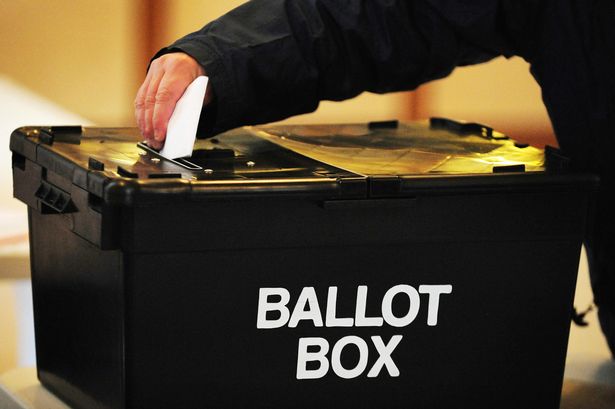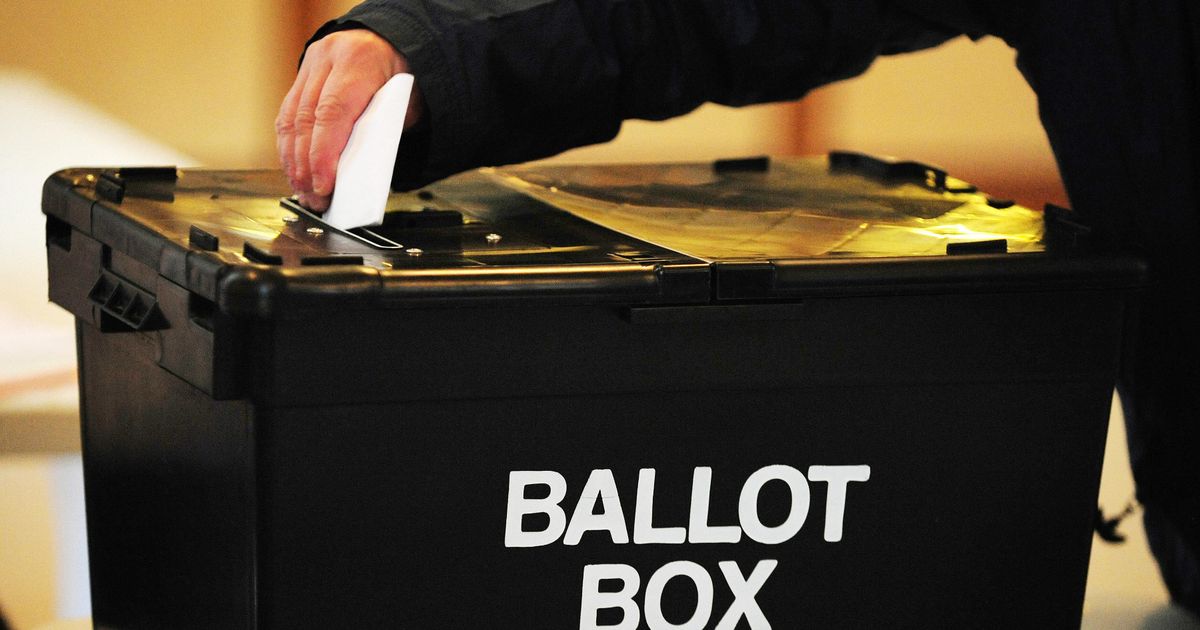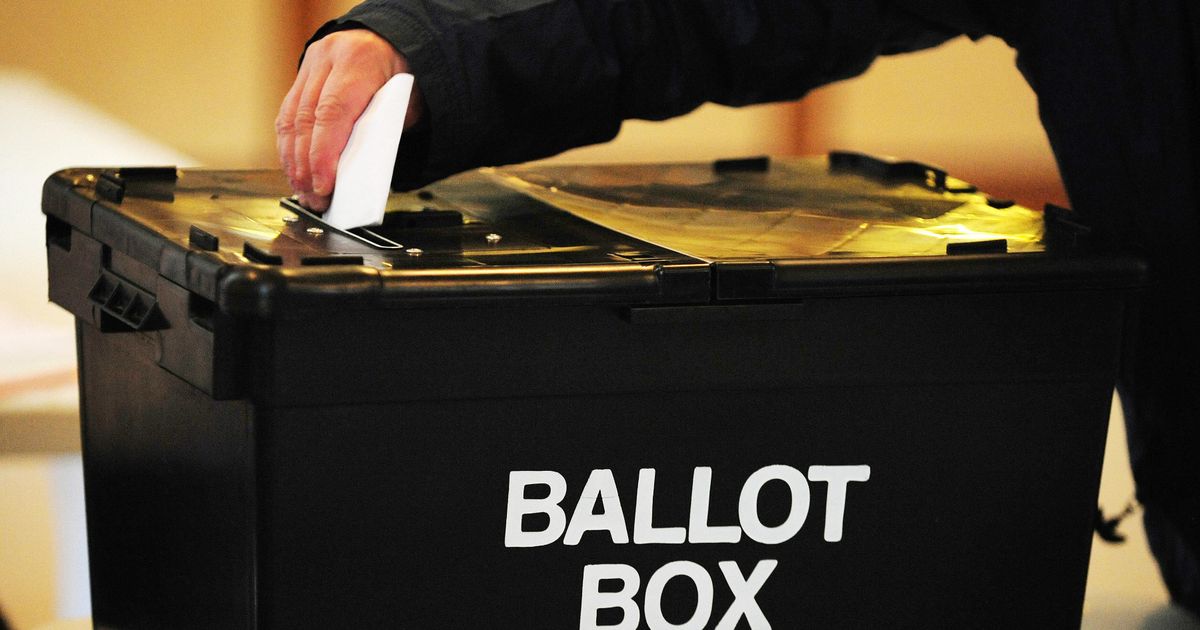

The vote in an East Yorkshire constituency is among those that could have had a different outcome had 16 and 17 year olds been able to vote in the last general election.
Labour have announced plans to lower the voting age to 16 at the next general election, which is expected to be in 2029.
Nationally, it would add another 1.55 million people to the electoral register, and could have huge implications in a number of seats across the country.
There are a total of 114 constituencies where the majority won at the 2024 general election is smaller than the number of 16 and 17 year olds currently living there. Among them is the Beverley and Holderness constituency, which Conservative MP Graham Stuart held onto with a slim majority of 124 votes ahead of Labour’s Margaret Pinder.
The constituency has 2,081 16 and 17 year olds living in it, meaning the age group could have had a significant influence on the outcome of the last election – and may at the next.
Overall, there are a total of 114 constituencies where the majority won at the 2024 general election is smaller than the number of 16 and 17 year olds currently living there.
Labour holds the most of any party (56), followed by the Conservatives (36), the LIb Dems (seven), the SNP (five), Reform (three), independents (three), the DUP (two), Plaid Cymru (one) and the TUV (one).
The potential swings are based on the assumption that every eligible 16 and 17 year old bothered to cast their vote, and opted to vote against the incumbent MP.
Ipsos estimated that the turnout figure at the 2024 General Election among the 18-24 age group was just 37 per cent, lower than any other age group.
Prime Minister Sir Keir Starmer said it was “important” to lower the voting age, as 16 year olds were old enough to work and “pay in” through tax, so should “have the opportunity” to say how they wanted their money spent.
But a poll of 500 16 and 17 year olds conducted for ITV News by Merlin Strategy found only half said they thought they should be allowed to vote, and only 18 per cent would definitely vote.
Labour potentially stood to gain the most, with 33 per cent saying they would back the party, while 20 per cent said they would choose Reform UK and 18 per cent the Greens.
Naomi Smith, chief executive of campaign group Best for Britain, said the change was “a brave choice set to benefit generations to come”, and urged political parties to “do more to win the votes of the UK’s young people”.
But in the House of Commons, Conservative shadow communities minister Paul Holmes accused the Government of being “hopelessly confused”.
He said: “Why does this Government think a 16 year old can vote but not be allowed to buy a lottery ticket, an alcoholic drink, marry, or go to war, or even stand in the elections they’re voting in?”
Labour’s plans also include introducing automated voter registration, which is already used in Australia and Canada, and making UK-issued bank cards an accepted form of ID at polling stations.
They will also see a tightening of the rules on campaign finance aimed at barring “shell companies” from donating to political parties and requiring more checks on donations to unincorporated associations.


